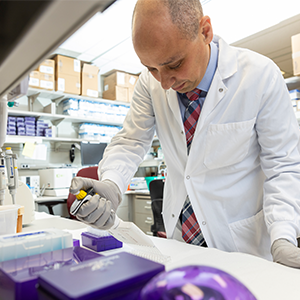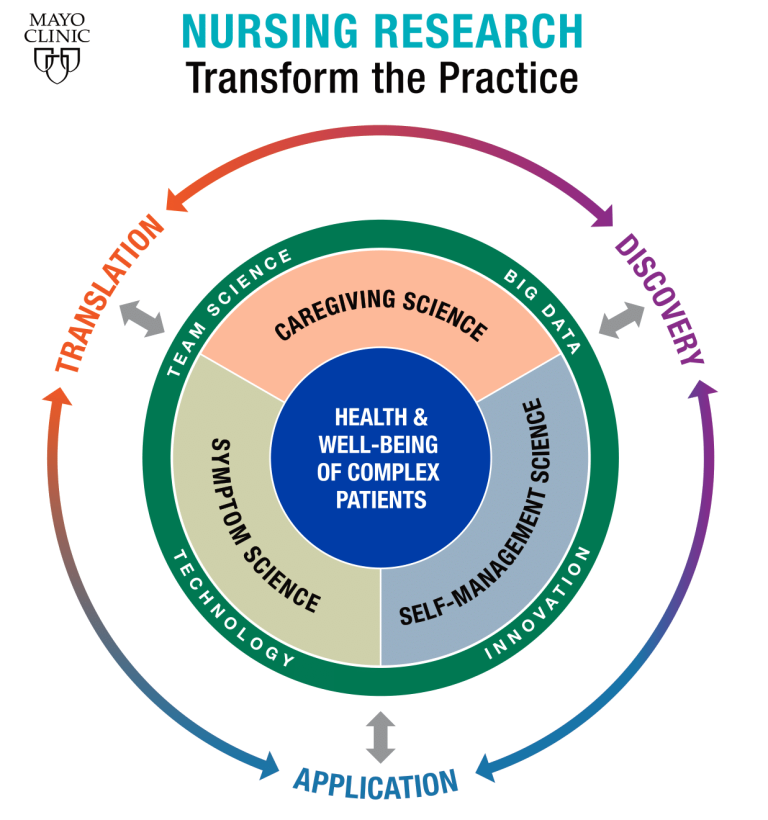-
Mayo Clinic Minute: What you need to know about patent foramen ovale
Before birth, oxygen travels from mom to baby. Oxygenated blood flows through a tiny flap from one side of the heart to the other. Dr. Peter Pollak, a Mayo Clinic cardiologist, says when you're born, you take your first breath, and that flap closes. And it seals in most people. But in approximately 1 out of 4 cases, the flap stays open.
Journalists: Broadcast-quality video pkg (0:59) is in the downloads at the end of the post.
Please 'Courtesy: Mayo Clinic News Network.' Read the script.
In some cases, the flap doesn't seal properly. The medical term is patent foramen ovale.
"That's normally not a problem, except some people may be prone to form a clot in their venous system. And those clots can travel through this potential communication when they cough, or throw up or bear down," says Pollak.
If a clots travels to the brain, it could cause a stroke.
Doctors fix the problem by running a catheter through a vein in the leg up to the heart. There, they deploy a disc that closes the flap, preventing blood from flowing through the opening and reducing risk of stroke.
Dr. Pollak says the procedure requires a one-night hospital stay.







